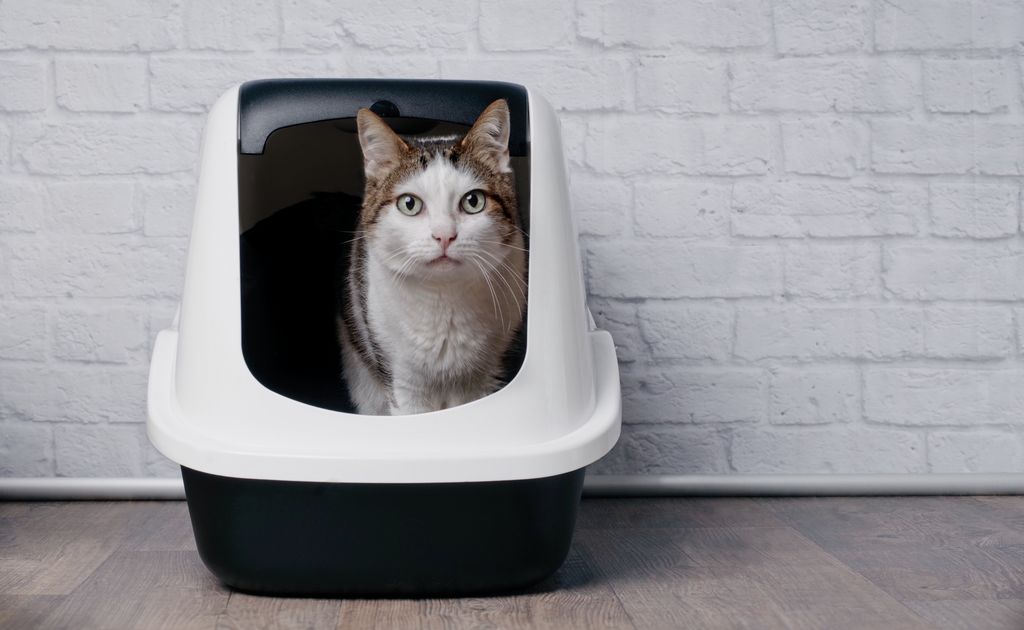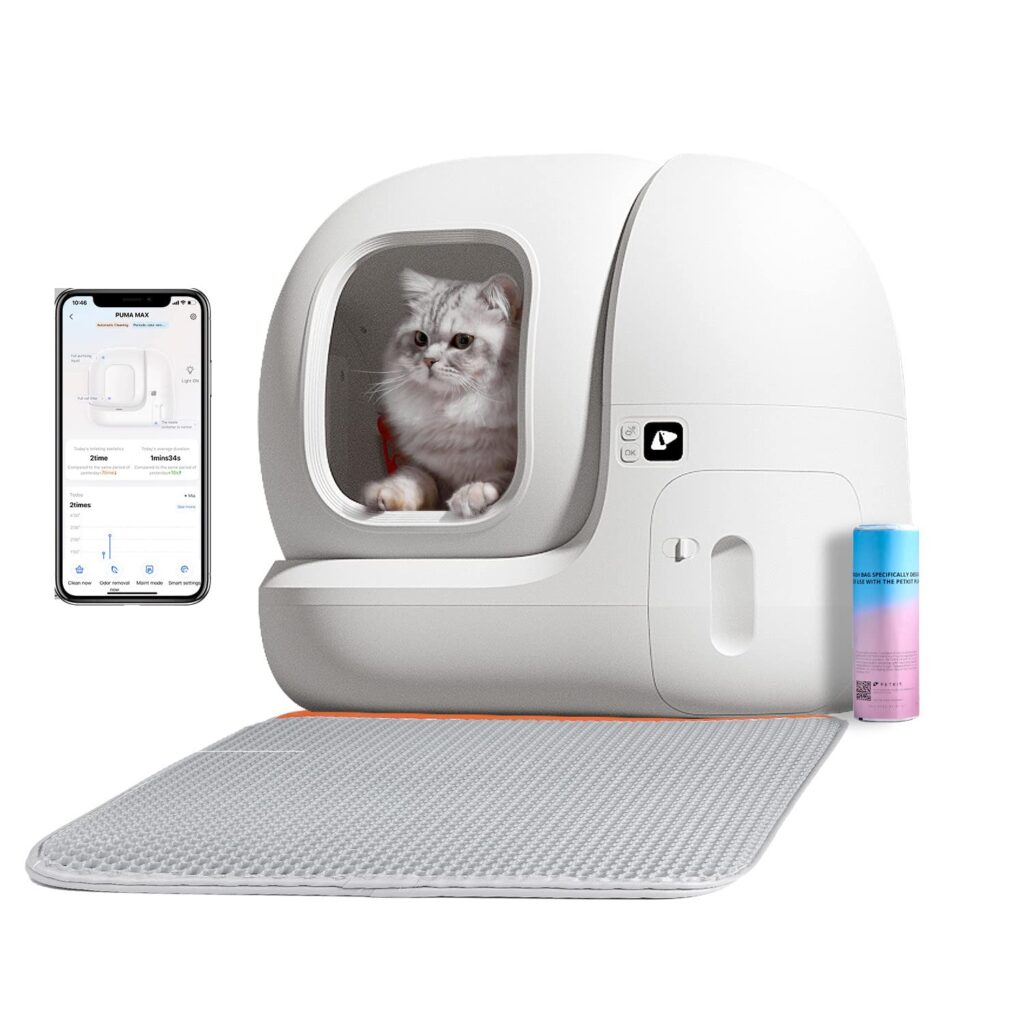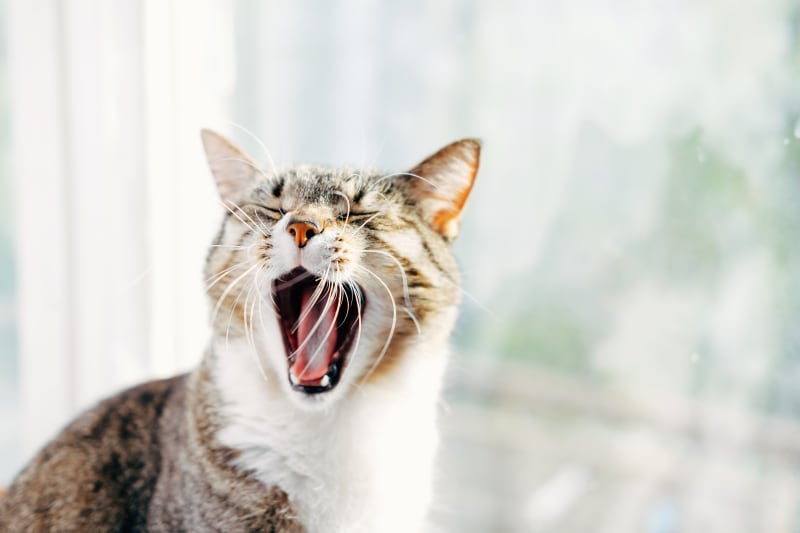If your cat’s poop is orange, it could indicate a variety of health issues. We will explore the potential causes and discuss what you can do to address the problem.
It’s important to pay attention to changes in your cat’s stool as it can offer insights into their overall well-being. From diet and hydration to underlying medical conditions, the color of your cat’s poop can provide valuable clues. By understanding the possible reasons behind orange cat poop, you can take appropriate action to ensure your pet remains healthy and happy.
Keep reading to learn more about this intriguing topic.
Contents
**1. Common Causes Of Orange Cat Poop**
1. Common Causes of Orange Cat Poop
There are a few factors that can affect the color of your cat’s stool, including:
- Dietary changes and impact on poop color: The food your cat eats can have a direct impact on the color of their stool. If your cat has recently had a change in diet, it could be a possible reason for the orange color.
- Possible medical conditions leading to orange-colored feces: In some cases, orange cat poop may be an indication of an underlying medical condition. Conditions such as liver or gallbladder issues, gastrointestinal disorders, or even parasites can cause changes in stool color.
If you notice that your cat’s stool is consistently orange and it’s not related to recent dietary changes, it is best to consult with your veterinarian. They can provide a proper diagnosis and recommend the necessary treatment.

Credit: www.dutch.com
**2. Health Concerns Associated With Orange Cat Poop**
| 2. Health Concerns Associated with Orange Cat Poop |
|---|
Changes in the color of your cat’s stool can often indicate potential health issues that need attention. Orange cat poop may be a cause for concern and should not be ignored. One of the main reasons for the change in color is due to dietary factors. If your cat consumes a lot of food with high levels of beta-carotene, such as carrots or certain fruits, it can affect the color of their stool. In most cases, this is not a cause for concern. However, if the orange color persists for more than a day or if accompanied by other symptoms, it may indicate a health problem. Keep an eye out for additional symptoms like diarrhea, constipation, blood in the stool, excessive straining, or changes in appetite or behavior. These could be signs of gastrointestinal issues, parasites, infections, or other health conditions. |
**3. Managing Orange Cat Poop**
Proper management and observation can help address orange cat poop. Diet adjustment plays a crucial role in regulating your cat’s stool color. Gradually introducing new food or changing their diet can help understand the impact on their poop color. Hydration is equally important for maintaining healthy digestion. Ensuring that your cat drinks enough water can prevent constipation and abnormal stool color. However, if despite all efforts, your cat continues to have orange poop, it is essential to consult a veterinarian for professional advice and intervention. They can evaluate your cat’s overall health and conduct diagnostic tests if necessary to determine the underlying cause of the issue.
Frequently Asked Questions For Orange Cat Poop: What’s Going On With Your Cat’s Stool?
How Do You Treat Orange Poop In Cats?
To treat orange poop in cats, consult a veterinarian for a proper diagnosis. Possible causes include diet changes, infections, or digestive issues. The vet may recommend adjusting the cat’s diet, medication, or further tests to determine the underlying issue and provide appropriate treatment.
How Do You Know If Cat Poop Is Unhealthy?
Unhealthy cat poop can be characterized by signs like diarrhea, blood, mucus, worms, or a strong foul odor. Regular examination of your cat’s feces can help identify if any of these indicators are present, requiring immediate veterinary attention.
What Colour And What Does Cat Poop Mean?
Cat poop can vary in color. Healthy cat poop is typically brown in color. Black poop may indicate bleeding in the upper digestive tract, while yellow can be a sign of liver or gallbladder issues. Green poop can indicate a dietary issue.
Any drastic color changes should be checked by a vet.
What Are The Different Types Of Cat Poops?
Types of cat poops can vary in consistency and appearance. They can be firm, soft, or runny, and may contain changes in color or odor. Understanding the differences can help identify potential health issues or dietary needs for your cat.
Conclusion
Understanding the color and consistency of your cat’s poop can provide valuable insights into their overall health and well-being. If you notice your orange cat’s poop, it could be due to a variety of reasons, such as diet, hydration, or underlying health conditions.
It’s essential to monitor your cat’s stool regularly and consult with a veterinarian if you have any concerns. By taking proactive steps and maintaining a healthy diet, you can ensure your feline friend’s digestive system remains in optimal condition.

Katie Lindsey is a passionate cat lover and founder of Cats Solution, a comprehensive resource for all things feline. With a lifelong love for cats and extensive knowledge in their care and behavior, she provides expert advice and solutions to cat owners. Through her website, Katie fosters a supportive community where cat enthusiasts can find guidance and heartwarming stories. A dedicated advocate for animal welfare, Katie also promotes responsible pet ownership and adoption. Join her on this purr-fect journey celebrating the joy of feline companionship.



